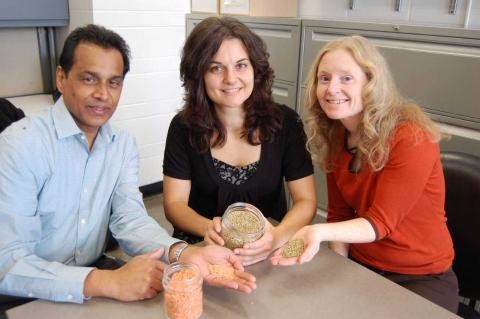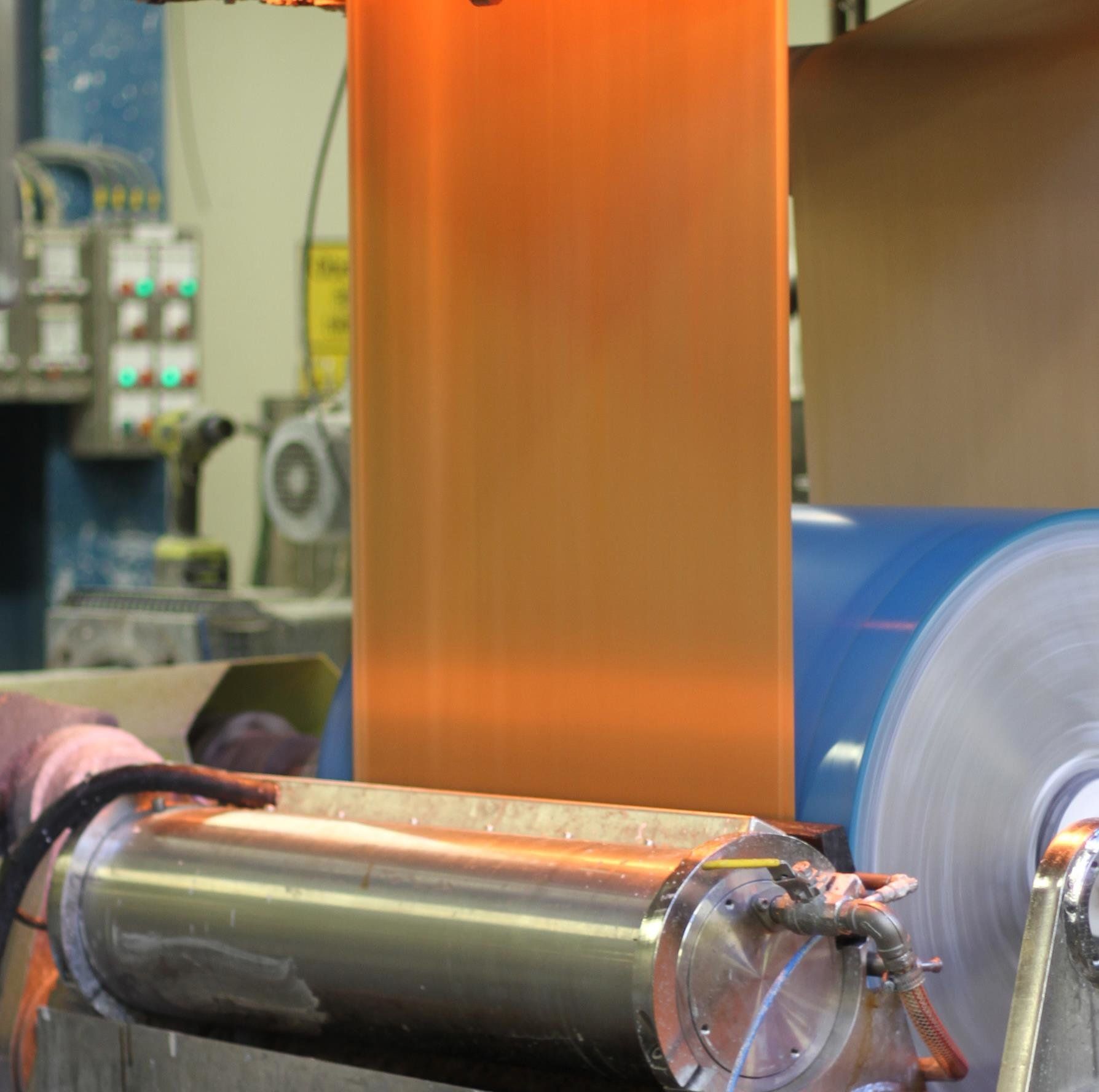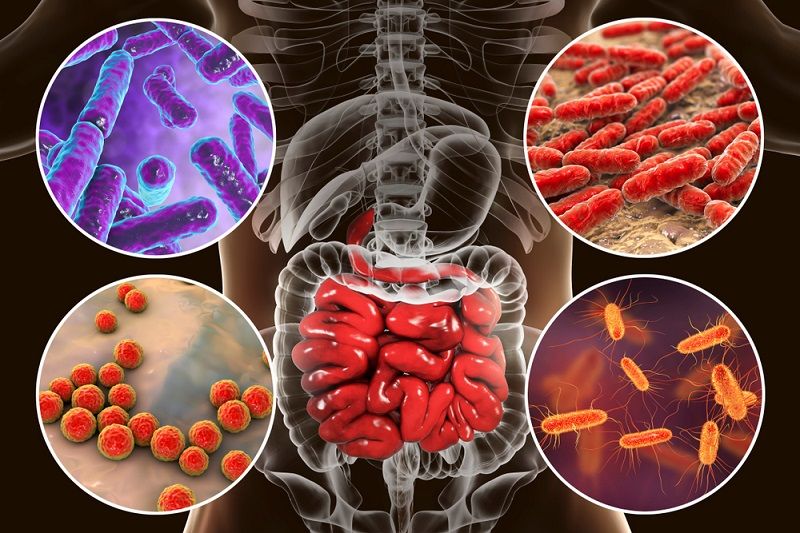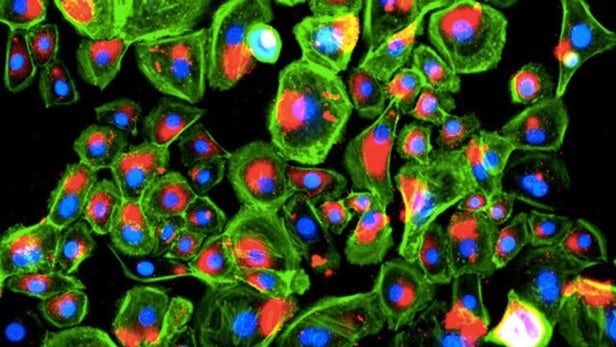Jun 13, 2018
Researchers reveal how disrupting gut-brain communication may affect learning and memory
Posted by Genevieve Klien in categories: biotech/medical, food, neuroscience
The connection between food and memory is one of those fundamentally human experiences we can all relate to. A compelling new study from the University of Southern California has revealed an intriguing explanation behind this phenomenon, and it illustrates how strongly the “second brain” in our gut communicates with our brain.
Inside our gastrointestinal tract lies a massive mesh of neurons often referred to as our “second brain.” While this neuronal control system primarily works to independently manage our digestive system, it also has been found to directly communicate with the brain via a long nerve, called the vagus nerve.
The vagus nerve has been found to mediate a great deal of metabolic communication between the gut and the brain. For example, one recent study revealed how feeding behavior, modulated by activity in the hippocampus, is directly activated by vagal nerve stimulation, mediated by signals from the gastrointestinal tract.


















